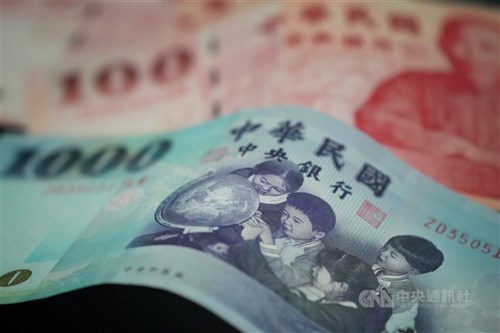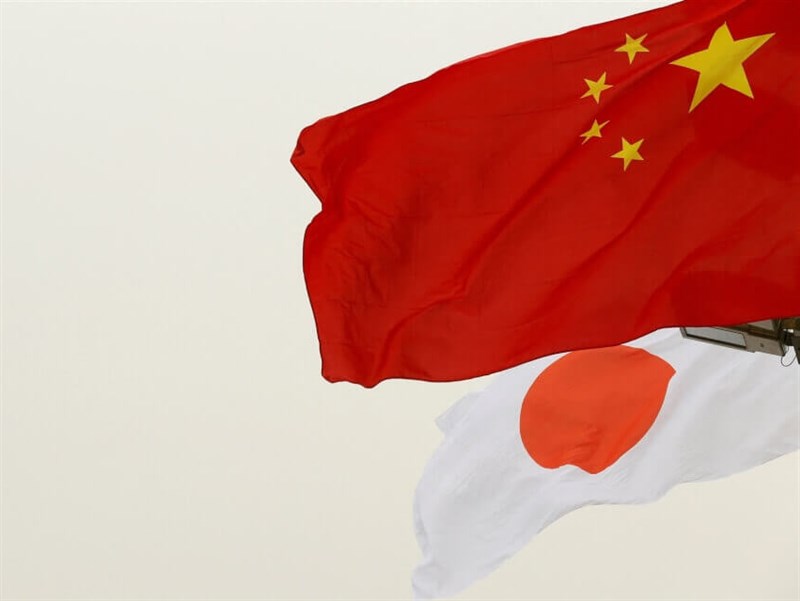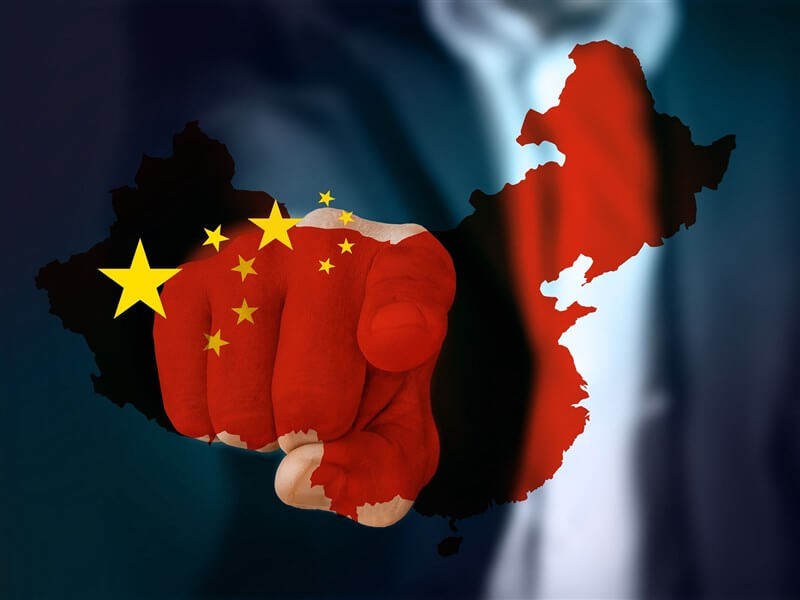ANALYSIS/Live-fire drills show China's displeasure over U.S., Canada transit: Experts
10/22/2024 04:43 PM
People's Liberation Army (PLA) live-fire drills on Tuesday off Niushan Island off China's southeastern shore aimed to vent Beijing's displeasure over the passage of U.S. and Canadian warships through the Taiwan Strait two days earlier, experts said.
(Full text of the story is now in CNA English news archive. To view the full story, you will need to be a subscribed member of the CNA archive. To subscribe, please read here.)
More in ANALYSIS
![Fintech expert urges NTD stablecoin to protect monetary sovereignty]() Fintech expert urges NTD stablecoin to protect monetary sovereigntyA fintech expert in Taiwan has called for the issuance of a New Taiwan dollar (NTD) stablecoin, saying it is vital for safeguarding Taiwan's monetary sovereignty and reinforcing the country's industrial competitiveness.12/14/2025 04:15 PM
Fintech expert urges NTD stablecoin to protect monetary sovereigntyA fintech expert in Taiwan has called for the issuance of a New Taiwan dollar (NTD) stablecoin, saying it is vital for safeguarding Taiwan's monetary sovereignty and reinforcing the country's industrial competitiveness.12/14/2025 04:15 PM![China-Japan diplomatic spat not what it seems: Taiwan experts]() China-Japan diplomatic spat not what it seems: Taiwan expertsJapan's first female prime minister, Sanae Takaichi, has faced rising friction with China during her first month in office, with Taiwan unexpectedly pulled into the fray.11/21/2025 06:58 PM
China-Japan diplomatic spat not what it seems: Taiwan expertsJapan's first female prime minister, Sanae Takaichi, has faced rising friction with China during her first month in office, with Taiwan unexpectedly pulled into the fray.11/21/2025 06:58 PM![China's local bounty use shows intimidation with flexibility: Scholars]() China's local bounty use shows intimidation with flexibility: ScholarsChina's recent use of local public security bureaus to issue bounty notices against specific Taiwanese individuals reflects a new tactic of "judicial intimidation" aimed at Taiwan that also gives Beijing room for flexibility, scholars told CNA.11/15/2025 04:45 PM
China's local bounty use shows intimidation with flexibility: ScholarsChina's recent use of local public security bureaus to issue bounty notices against specific Taiwanese individuals reflects a new tactic of "judicial intimidation" aimed at Taiwan that also gives Beijing room for flexibility, scholars told CNA.11/15/2025 04:45 PM
Latest
- Politics
Taiwan's M1A2T Abrams tanks conduct 1st off-base exercise
12/24/2025 09:59 AM - Society
Taiwan headline news
12/24/2025 09:12 AM - Business
Taiwan shares open higher
12/24/2025 09:10 AM - Politics
Economic ties no longer boost Taiwan-China relations: Expert
12/23/2025 10:04 PM - Politics
Taiwan civic groups flag human rights issues in 'Two Covenants' report
12/23/2025 09:54 PM


